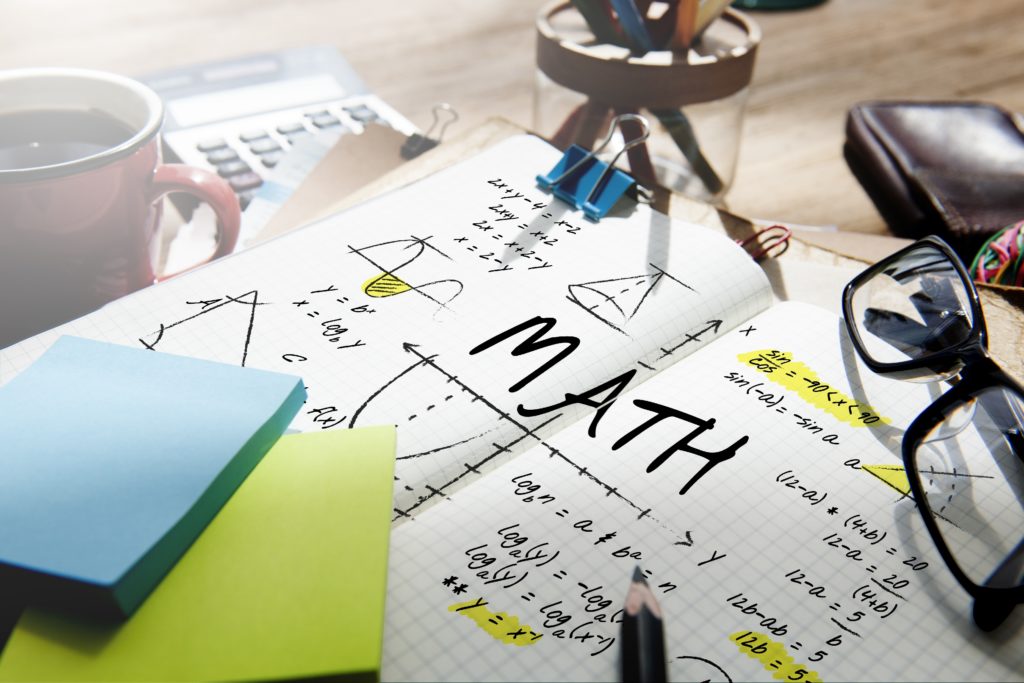Math and LDs
Mathematics are affected by learning disabilities (LDs) as frequently as language skills are affected. Historically, students with math LDs were not referred for evaluation as often, and have not received the level of intervention and remediation that is provided for students with LDs that impact language skills. Literacy skills were generally seen as more crucial than numeracy; it has been traditionally assumed that it is alright to “be bad at math”.
Today, this is no longer the case; special attention has come to be paid to numeracy, in terms of determining how numeracy skills develop, the development of early developmental assessments and providing remediation to students who struggle. A lack of competence with the mathematical basics can have a serious impact on work and day-to-day life.
Types of Mathematics Learning Disabilities
- difficulty learning basic number facts.
- difficulty with arithmetic & calculation
- difficulty with symbols
- visual-spatial difficulties
Additionally, learning problems that are not directly related to math can and will impact on mathematics. Language skills are required for many mathematical problems, as are executive functions like planning, organizing, and self-reflection.
What Helps?
In broad terms, the same truths apply to math LDs as to others: early spotting of strugglers, and appropriate intervention and remediation, can make a big difference in the development of positive or negative attitudes towards math, and can move some students back on track quickly and efficiently.
More specifically, remediation and accommodation need to target the specific areas that a child is struggling with. For example, for students who struggle with memorizing basic math facts, practice and assistance are important, but so are simple accommodations like the use of addition and multiplication tables and calculators. Inconsistent abilities with calculations need practice and accommodation as well.
Since mathematics LDs are varied and individualized, it is crucial that the abilities and struggles of specific students are targeted by consistent and research-based teaching techniques. Early intervention is also crucial, as repeated and early experiences of failure are the basis for math-phobia, and the lowered self-esteem that comes with continuous, long term struggling.
As with all LDs, if you fear your child is struggling with math, an early conversation with teachers about finding ways to bring help is vital.

